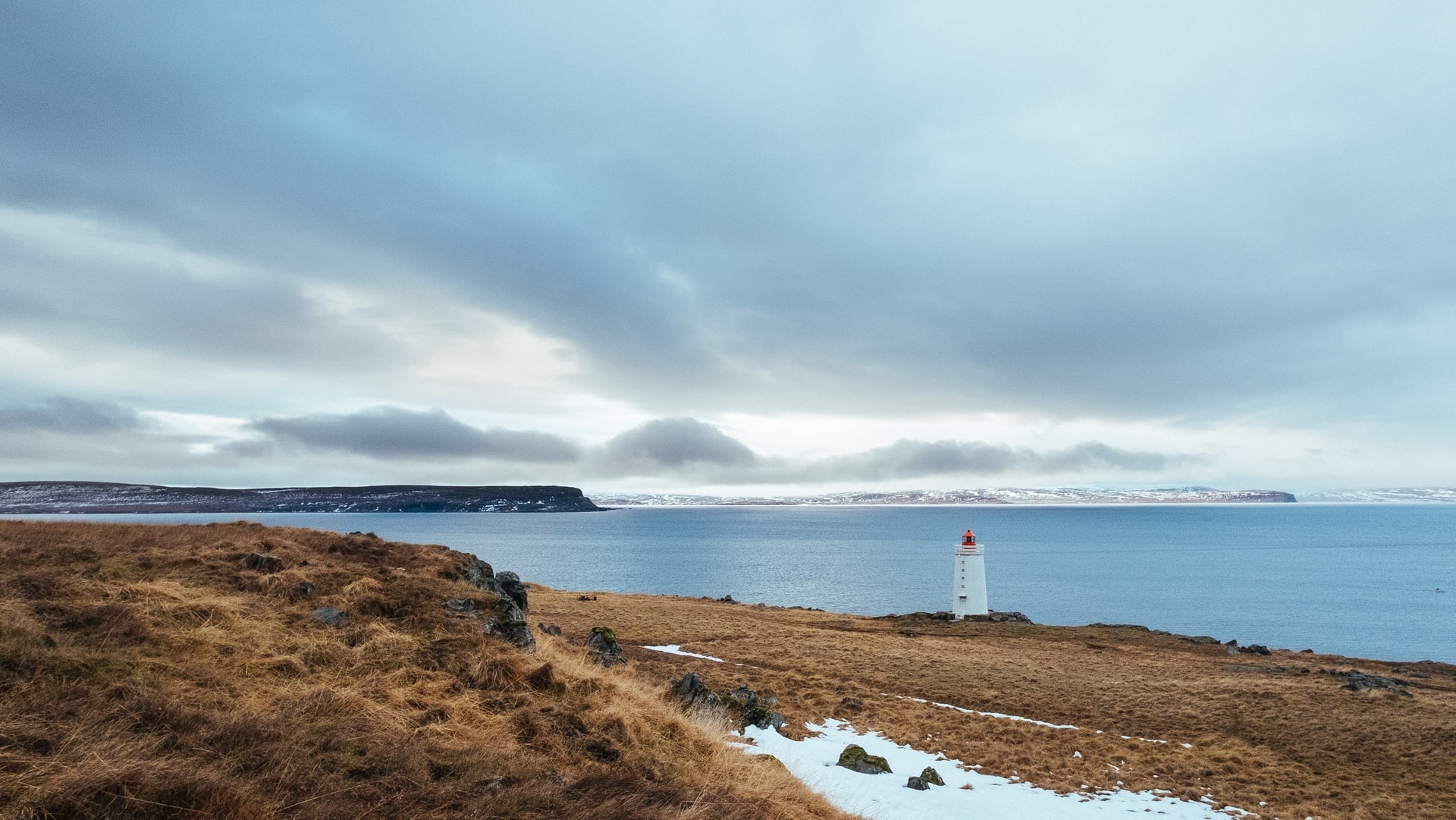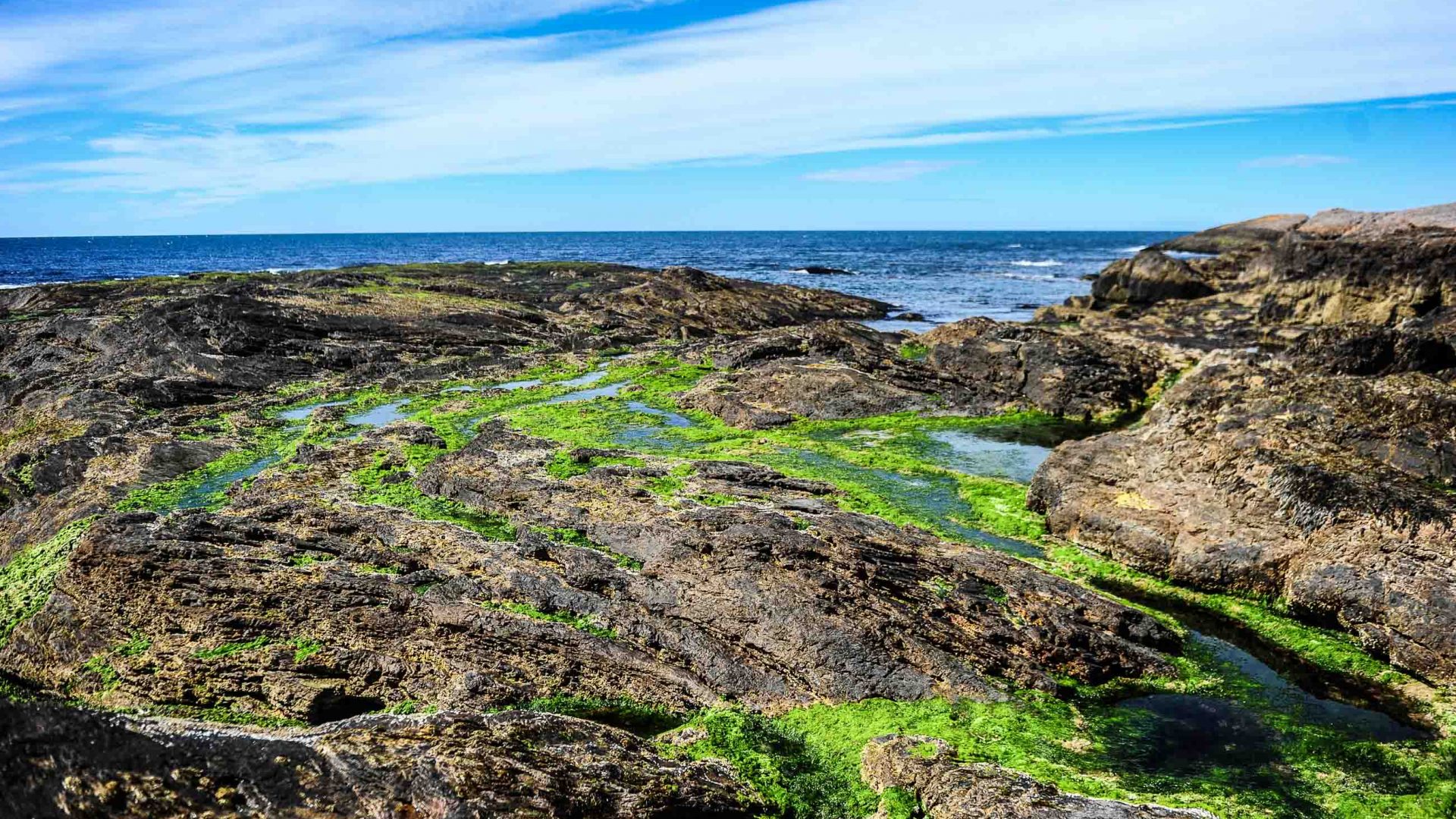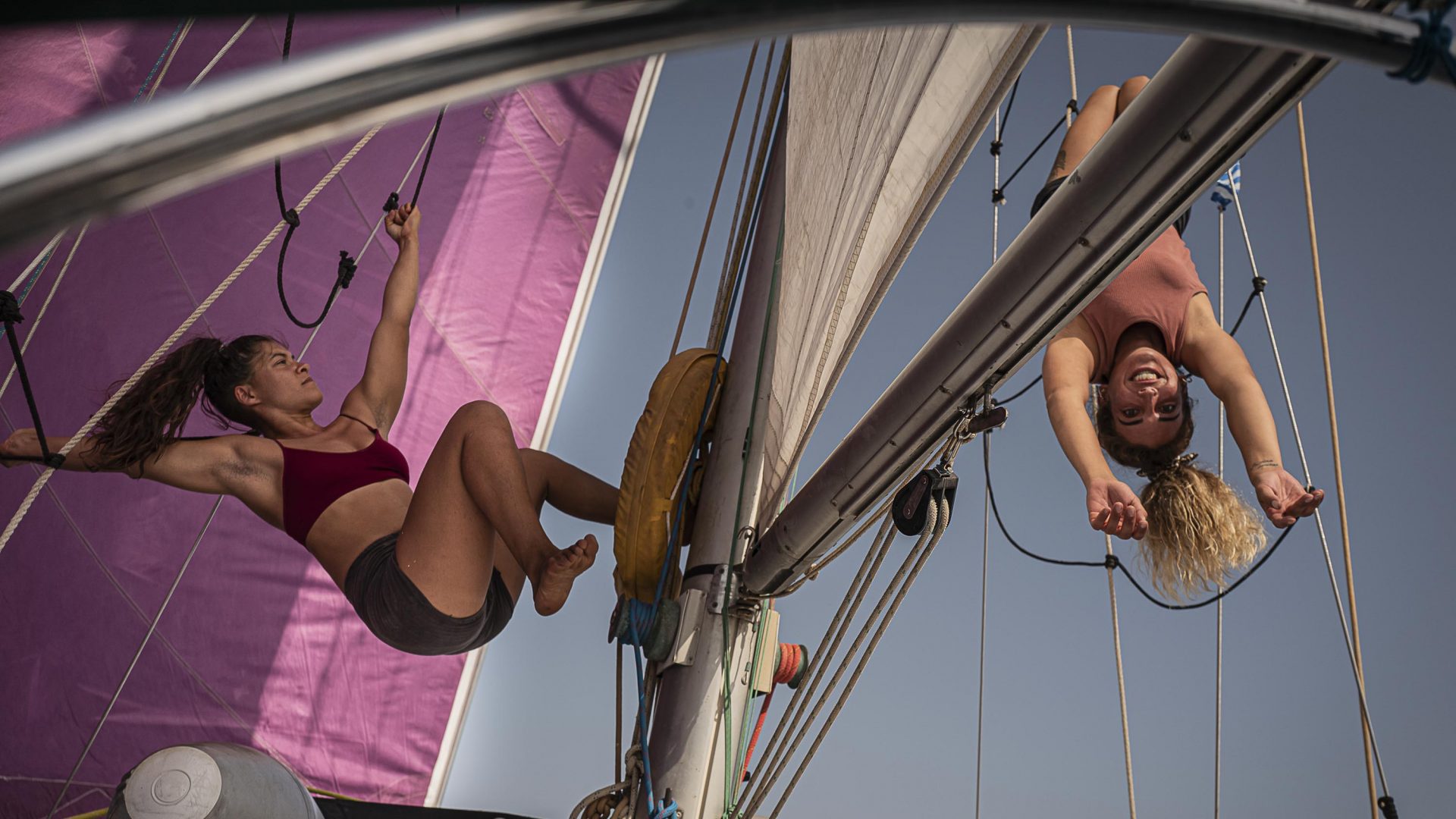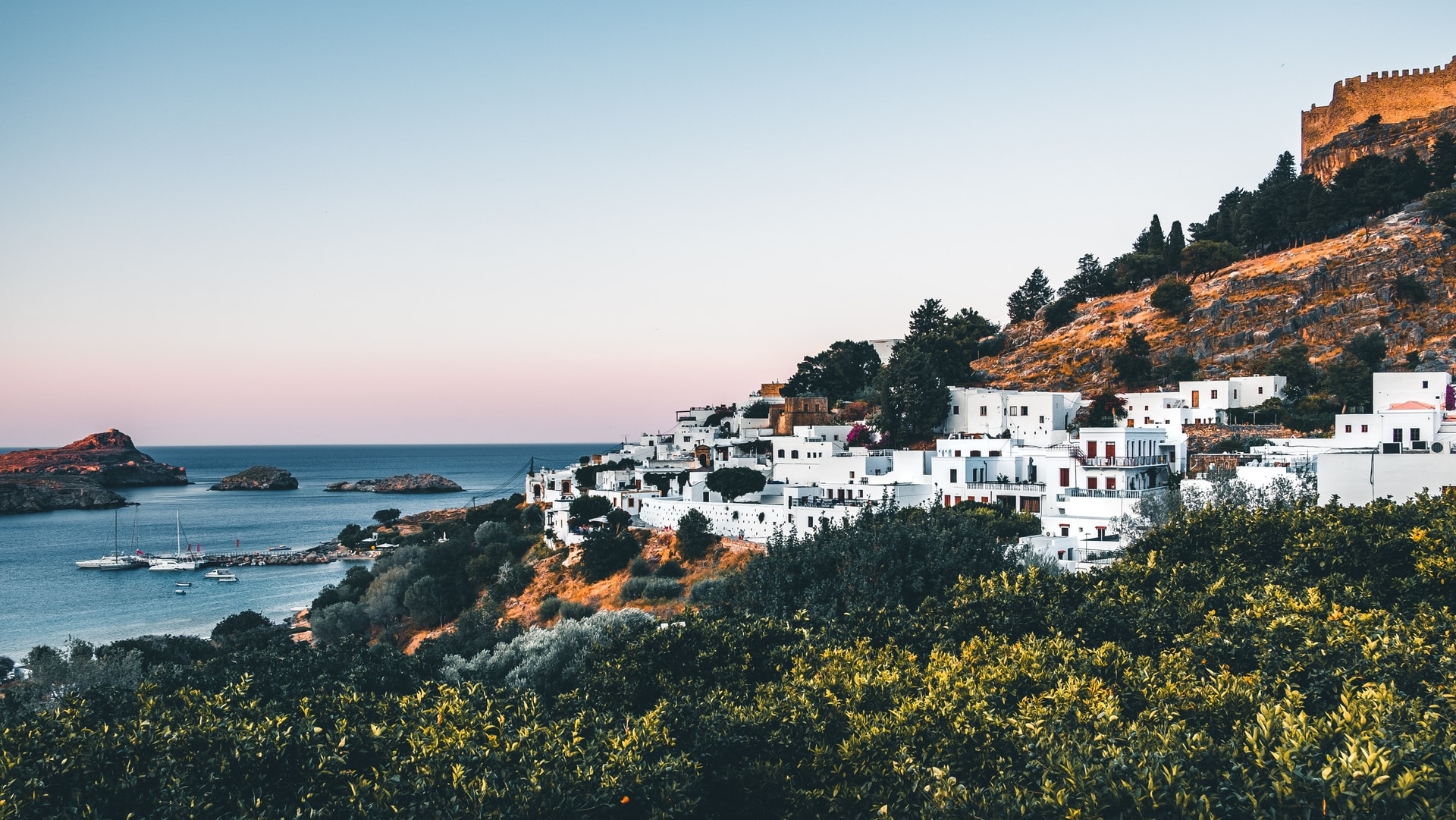
Iceland has canceled all new permits for commercial whaling. That means, when current quotas expire in 2023, Icelandic whaling will be officially gone for good. So how do tourists fit into the picture?
There are only three countries on earth that hunt whales for profit: Japan, Norway and Iceland. Soon there’s going to be two.
The Icelandic Fisheries Minister has basically called it quits on commercial whaling, announcing that all new permits will be canceled. That means, when the current hunting quotes expire in 2023, Iceland will officially hang up its harpoons.
The truth is, this decision was driven less by morality and more by economics. Since Japan resumed commercial whaling in 2019, demand for Icelandic whale meat has tanked. In fact, although Iceland permits the hunting of 209 fin whales (an endangered species) and 217 minke whales per quota, only one whale has been officially killed in the last two years: a minke in 2021. This isn’t 18th century Nantucket. Whales just don’t mean big money anymore.
RELATED: WHY COUNTRIES ARE STARTING TO RE-DEFINE ‘SUCCESSFUL TOURISM’
“Japan has been the largest buyer of [Icelandic] whale meat, but its consumption is declining year by year. Why should Iceland take the risk of continuing fishing that has not yielded economic benefits, in order to sell a product that is in low demand?” Fisheries Ministers Svandís Svavarsdóttir asked CNN.
Commercial whaling has been officially banned since the 1986 International Whaling Commission embargo, but Iceland, Norway and Japan have continued the practice anyway, mostly though legal loopholes and what-are-you-gonna-do-about-it diplomacy. Iceland resumed commercial whaling in 2006, and since that time, roughly 1,500 fin and minke whales have been killed in their waters.
“There are few justifications to authorise the whale hunt beyond 2024. There is little proof that there is any economic advantage to this activity.”
Iceland Fisheries Minister Svandís Svavarsdóttir
Interestingly, it seems to have been tourists propping up the local demand for whale meat.
A 2018 Gallup poll found that 84 per cent of Icelanders have never even eaten whale, and only 2 per cent do so regularly. Although spear drift hunting has been practised here since the 12th century, whale just isn’t a traditional Icelandic dish. The ‘delicacy’ has been kept alive by upscale Reykjavik restaurants like Three Frakkar, which cater to curious travellers who think eating whales is some sort of authentic cultural experience.
The funny thing is, whales are actually worth much more to Iceland alive than dead. Economic feasibility studies have found that whales would generate far more tourism revenue than the money brought in from hunting and meat production. After the International Fund for Animal Welfare started their ‘Meet Us Don’t Eat Us’ campaign in 2011, the number of tourists eating whale meat in Iceland dropped from 40 per cent to 11 per cent.
RELATED: HOW THAILAND’S MAYA BAY IS CLEANING UP ITS ACT
Whale watching, on the other hand, is growing rapidly. While only 2,000 visitors booked whale tours in 1995, that number was over 100,000 in 2009. By 2017, Icelandic whale watching was pumping in ISK 3.2m (about $26.5 million) per year into the economy. As fewer whales are hunted, and population numbers bounce back, you’d expect these figures to rise even further.
Whaling was always an odd contradiction for Iceland, which for years has marketed itself to travelers as a pristine, unspoiled wilderness. Often tourists would go whale watching off the coast of Húsavík, then tuck into grilled minke steak for lunch.
It’s also important to acknowledge the difference between aboriginal subsistence whaling (which is recognized and sanctioned by the IWC itself) and mechanized, modern whaling organisations like Hvalur hf., Iceland’s biggest whaling company, which is basically a commercial fishery. Albeit one that trades in species that are endangered and under international embargo.
At the end of the day, the market has forced Iceland’s hand. You can make more money watching whales than eating them.







